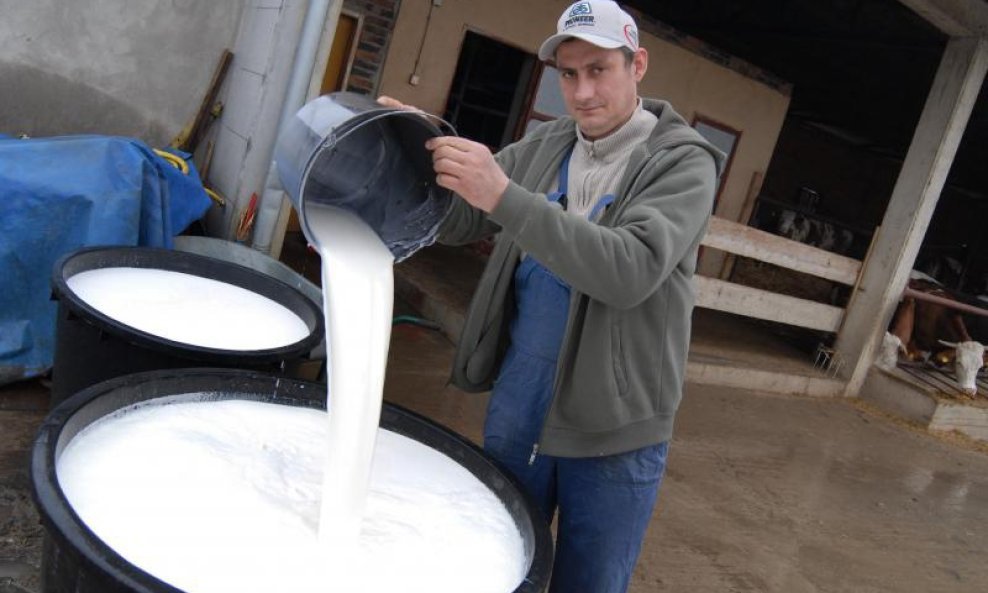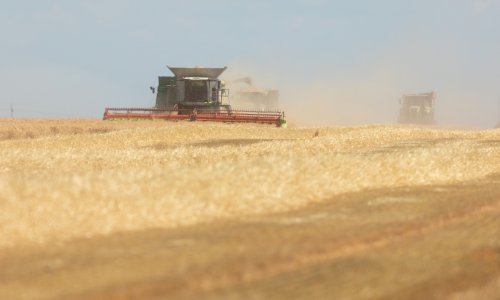The committee of farmers' associations with the Croatian Chamber of Agriculture (HPK) and representatives of various farming associations from ten continental counties on Tuesday demanded a meeting with Prime Minister Zoran Milanovic, Finance Minister Slavko Linic and Agriculture Minister Tihomir Jakovina to discuss problems facing farmers. If the meeting is not convened, farmers threaten to stage massive protest rallies.
"We expect Premier Milanovic, Ministers Linic and Jakovina to organise a meeting by 28 February with the HPK and farmers to discuss urgent problems in agriculture", a member of the HPK Stjepan Kunovec told a press conference after a marathon meeting which farmers held in Nova Gradiska, around 150 kilometres east of Zagreb.
We expect to be paid incentives, earmarked to them in 2012, in full as soon as possible, Kunovec said.
It appears that dairy farmers could be the first to join the initiative to organise massive protests as no information has been given out yet of when contaminated milk will be taken over, as Minister Jakovina had announced following an aflatoxin scare.
"We call on the public to carefully watch where this contaminated milk will be taken to. We fear that instead of being disposed of appropriately, our milk will nevertheless end up with dairy producers. Warehouses are full, sales have plunged by 40 per cent and it appears someone needs to get rid of reserves", an NGO rep from the eastern region of Baranja, Petar Pranjic claimed.
Dairy producers stopped buying off milk from farms last week due to higher levels of aflatoxins in milk. Some farmers have informed that the Dukat producer was today taking samples of milk for testing.
Croatia's Agriculture Ministry reported on Tuesday afternoon that it had begun implementing an action plan to deal with raw milk supplies with higher-than-prescribed levels of aflatoxins and that earlier in the day the first shipments of milk had been sent to three biomass plants in east Croatia where they would be used as fuel.
In parallel, the ministry started distributing cattle fodder free of aflatoxins to dairy farms where the problem of higher concentration of this toxin has been detected. Those naturally occurring mycotoxins can colonize and contaminate grain before harvest or during storage, which is why higher concentrations of this toxin in milk are ascribed to cattle fodder.
Under the HRK 5-million plan, supplies of suspect milk are being collected from farms in eastern Slavonia in order to be transported to the three biomass plants for safe disposal.
































